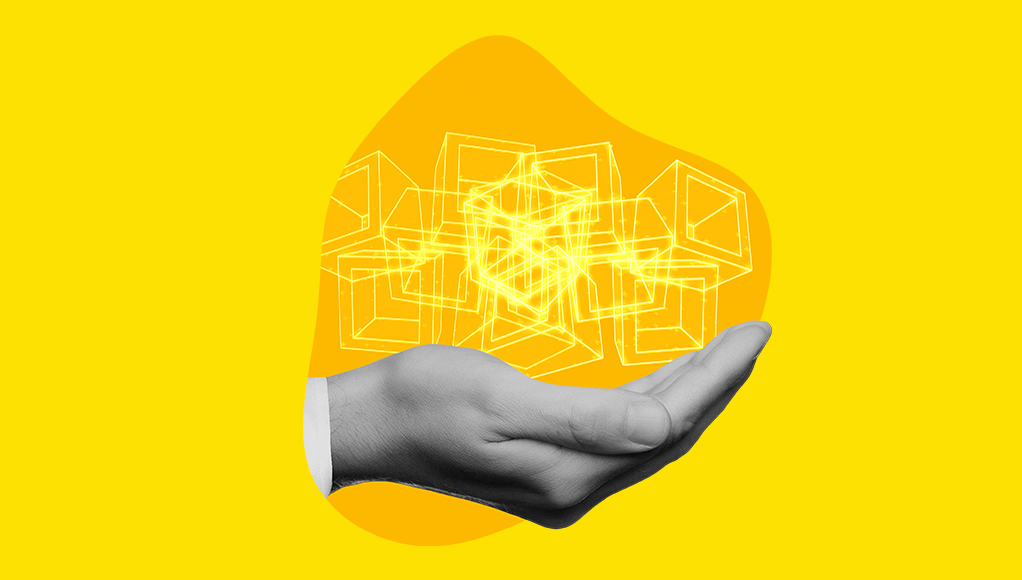Forced into a panic by the global pandemic, consumers today are fighting to stay ahead of inventory shortage. In the effort to contain the virus, countries across the globe imposed strict lockdown guidelines that massively compromised supply chains. In an instant, customers were forced to ask a series of questions before stepping foot outside of their homes. “Is this item in stock?” “Where is it available?” “What is the most convenient location?” “How fast can I get it?” “Customers don’t like it when they believe an item is in stock, only to find it isn’t when arriving at the store. In an environment where leaving the house could quite literally mean risking your life, that disconnect could cause a business to lose a customer forever” (Mia Weinand Communications and Public Affairs, NRF). Turning to the safest and most convenient alternative during this time, services like BOPIS have seen a 208% increase compared to last year. This unified commerce solution appeals to all the modern-day shoppers’ concerns, providing stock transparency, convenience, and rapidity. Omnichannel shoppers today expect to obtain an unprecedented amount of information about the products they are purchasing. That said, however, one of the fundamental challenges that retailers face in providing optimized unified commerce experiences is predicting and responding to changes across channels. Enigmatic since its invention in 2009 by Satoshi Nakomoto, blockchain promises to be the solution to these omnichannel challenges.
Blockchain, otherwise known as distributed ledger technology, would give retailers and consumers the security, automation, inventory visibility, and transparency that they demand across the supply chain. Because it is an immutable ledger, blockchain will be able to provide retailers with real-time data about their supply-chain, and where their customers interact, leading to a more compliant supply chain. In a time where gaining the trust of their customers is more fragile than ever, blockchain could provide the security and transparency to build resilient relationships between consumers and brands.
Source: NRF
“Blockchain technology isn’t just a more efficient way to settle securities. It will fundamentally change market structures, and maybe even the architecture of the Internet itself.”
ABIGAIL JOHNSON
CEO, FIDELITY INVESTMENTS
What People Are Saying
Reddit:
@Saichandu415
“What Alibaba [has done] in New Retail is very interesting, it becomes much more interesting with the introduction of Blockchain as it transforms the retail industry [to be] much more transparent. The only issue I foresee is that there is no standard regulation in most of the countries in terms of what we can do and what we cannot. I am interested to see how this will affect the introduction of Blockchain with New Retail.”
Twitter:
@ColumboJulius
“If you still haven’t learned the basics on buying, using, and owning #Crypto your going to realize it when the #banks and #EconomicCrisis arrive. #blockchaintechnology”
